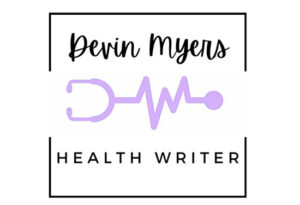
Hypoglycemia (low blood sugar) is a serious concern among many Canadians living with type 1 diabetes (T1D). Yet thanks to an ambitious doctor and his team in Montreal, a new registry was recently launched in Quebec to track the incidence of hypoglycemic episodes and allow patients to better manage their disease.

Known as the BETTER (BEhaviors, Therapies, TEchnologies and hypoglycemic Risk in Type 1 Diabetes) project, the pilot study focuses on characterizing the causes, experiences and consequences of hypoglycemia. Dr. Rémi Rabasa-Lhoret, a JDRF-funded endocrinologist at the Institut de recherches cliniques de Montréal recognized for his work on the artificial pancreas, is overseeing the initiative to collect data for the province-wide registry of people with T1D.
“Our main goal is to identify successful measures that can be implemented daily to improve overall blood control,” says Dr. Rabasa-Lhoret. “It is our hope that this registry, as well as subsequent clinical trials aimed at optimizing technologies and therapies, will help reduce the risk and burden of hypoglycemia.”
Along with Dr. Anne-Sophie Brazeau (co-leader) and his team, Dr. Rabasa-Lhoret is also collaborating on an online educational component to support people with T1D in their self-care. Currently, instructive videos and bilingual resources are being developed for an e-learning platform, and reviewed by a panel of diabetes educators and patients’ families to ensure they are relevant to their needs.
“All scientific questions and materials for this trial have been developed by our patients’ partners – who were very involved in the process – in order to address any unmet needs as closely as possible,” says Dr. Brazeau.
The BETTER project also includes a series of trials. Dr. Rabasa-Lhoret is testing the efficacy of the “rule of 15” strategy (consuming 15 grams of carbohydrates when your blood glucose level is under 4.0 mmol/L [70mg/dl] and waiting 15 minutes before re-testing it) to address a non-severe hypoglycemia episode and evaluating whether this rule should be revisited in the context of modern diabetes treatments.
As medication and technology access varies across Canada, the first years of this bilingual study will focus on patients living in Quebec only. However, Dr. Rabasa-Lhoret and his team hope to expand this initiative across the country, along with extensions for families and health care professionals.




